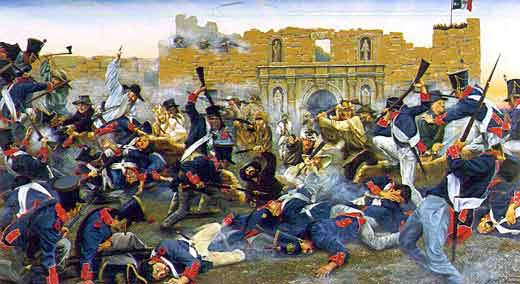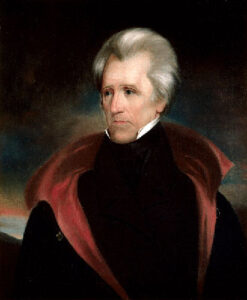
The following is a commentary which was posted on a column dated February 7, 2025 by a reader to the complete column which I have published on the Federal Observer entitled, The National Assessment of America’s Educational REGRESS. It was written by a retired teacher – but from a personal standpoint – I felt that what you are about to read – was far more POINT BLANK than the column itself. ~ Jeffrey Bennett ~ Editor
Several thoughts come to mind…
1. The teachers unions are strictly unions for the teachers. As a forced member of one of them years ago when I was a teacher you learn very quickly that they are organized to fight for more pay, better benefits, less work and very little accountability for the teachers. They care very little about students and achievement.
2. There are quite a few reasons for the continuing decline of education in America, and too many to write about here, but one of the main reasons is parental involvement and expectations. Too many parents invest little into their kids education and they expect the school to do everything and they have decided that they have nothing to do with their own children’s development. Once again, I could write about my experience in length, but space doesn’t allow it.
3. I left public school and went to private school because I couldn’t with good conscience teach the liberal dogma expected in the classroom. I taught for 29 years in a private Christian school and the expectations in the classroom for teachers, students, admin, and parents was remarkably different.
You ask why private school kids typically score higher on tests and learn at a more aggressive rate, it boils down to those expectations and following through with them.
There are many factors involved, but the unions do little except protect their own at the expense of the students they are expected to teach
William Wallace
February 7, 2025
 A recent study has found a 50% decline in the use of semicolons over the last two decades. The decline accelerates a longterm trend:
A recent study has found a 50% decline in the use of semicolons over the last two decades. The decline accelerates a longterm trend:
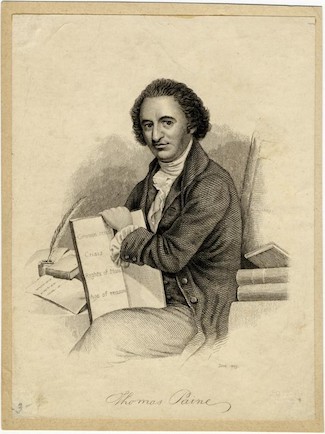
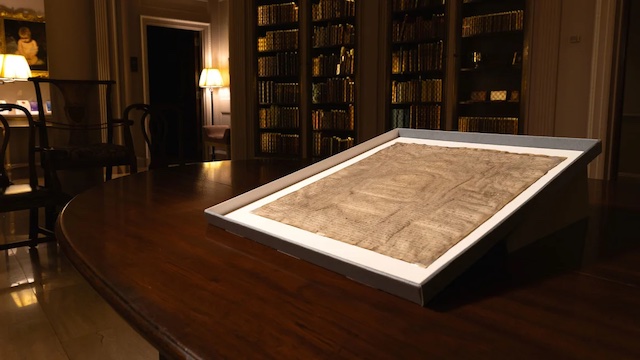
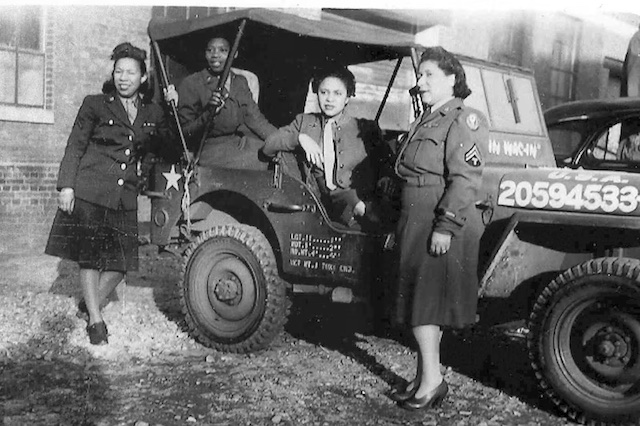
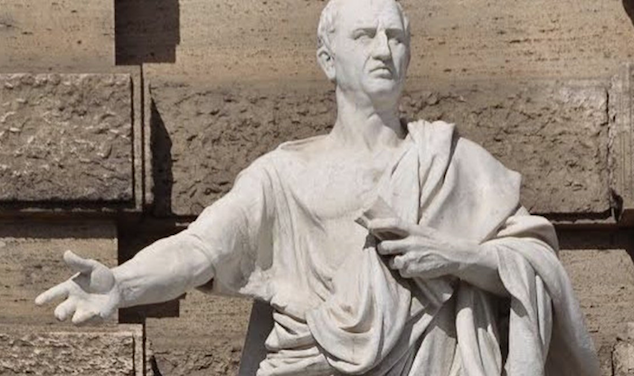
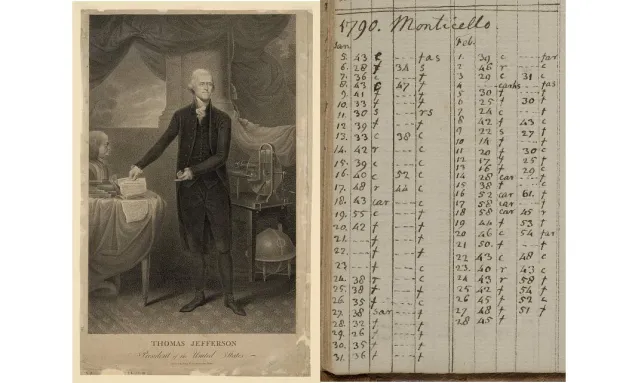
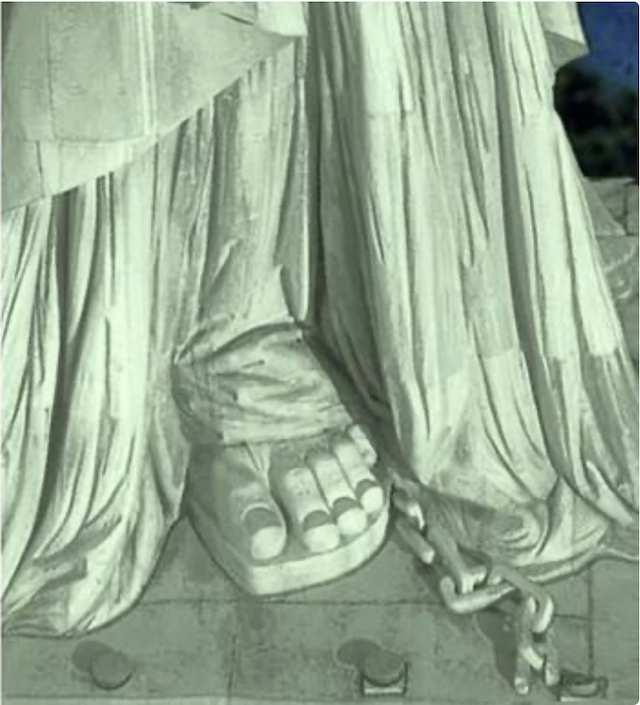 With her flowing robes, flaming torch held high, and crown radiating out to the world like a beacon of hope, the Statue of Liberty has stood as an American emblem off the coast of New York for over two centuries.
With her flowing robes, flaming torch held high, and crown radiating out to the world like a beacon of hope, the Statue of Liberty has stood as an American emblem off the coast of New York for over two centuries. GORHAM, Maine – While renovating a 200-year-old academy building, workers found a treasure trove of secret notes and doodles from students in the early 1800s.
GORHAM, Maine – While renovating a 200-year-old academy building, workers found a treasure trove of secret notes and doodles from students in the early 1800s.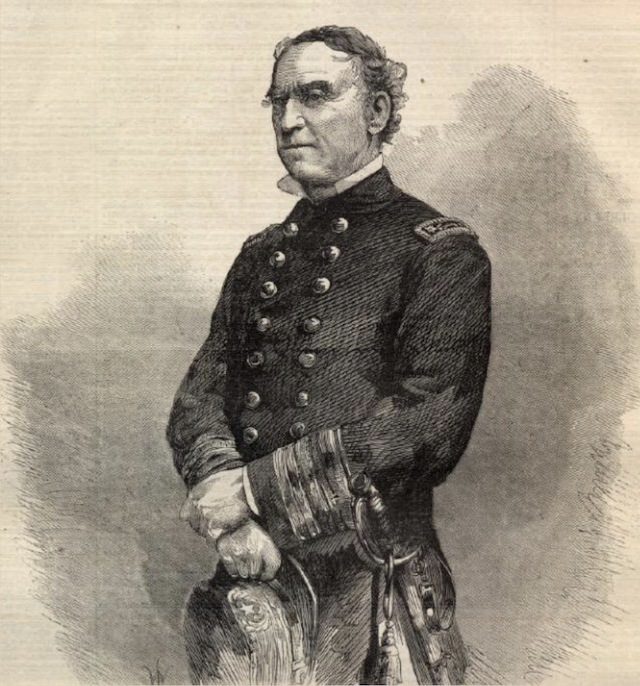
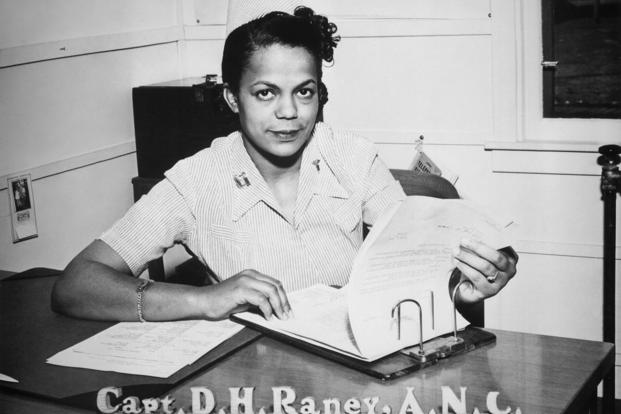




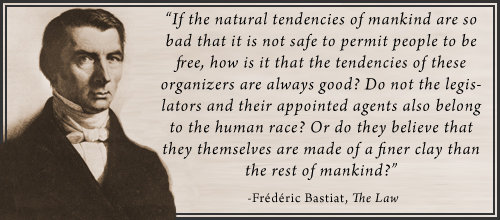 Introduction
Introduction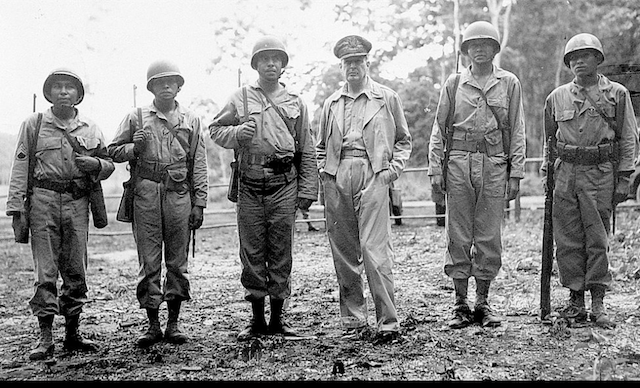 The United States’ Navajo code secured victories at major turning point battles and remained unbroken by the end of World War II. But it wasn’t a series of random, encrypted characters — it was a pre-existing language.
The United States’ Navajo code secured victories at major turning point battles and remained unbroken by the end of World War II. But it wasn’t a series of random, encrypted characters — it was a pre-existing language.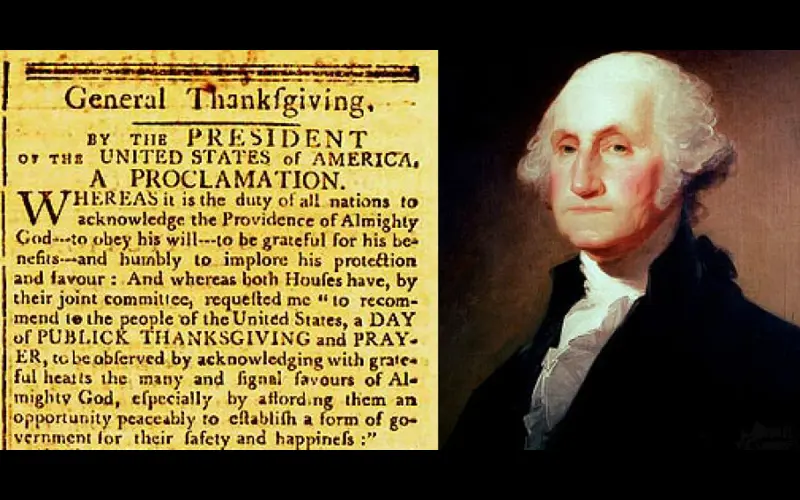
 George Orwell, one of the most influential political writers of the 20th century, is widely recognized for his searing critiques of totalitarian regimes in his novels Animal Farm and 1984. Orwell’s portrayal of state control, propaganda, and the manipulation of truth has resonated with readers across the political spectrum. However, Orwell’s personal political ideology and his critiques of totalitarianism are far more complex than is often acknowledged. Rather than being a passive observer or simply an opponent of dictatorship, Orwell was deeply involved in the socialist movements of his time, aligning himself – whether accidentally or intentionally – with Trotskyist circles. Orwell was a powerful voice of the left, despite being a target in the war among socialist factions.
George Orwell, one of the most influential political writers of the 20th century, is widely recognized for his searing critiques of totalitarian regimes in his novels Animal Farm and 1984. Orwell’s portrayal of state control, propaganda, and the manipulation of truth has resonated with readers across the political spectrum. However, Orwell’s personal political ideology and his critiques of totalitarianism are far more complex than is often acknowledged. Rather than being a passive observer or simply an opponent of dictatorship, Orwell was deeply involved in the socialist movements of his time, aligning himself – whether accidentally or intentionally – with Trotskyist circles. Orwell was a powerful voice of the left, despite being a target in the war among socialist factions. 